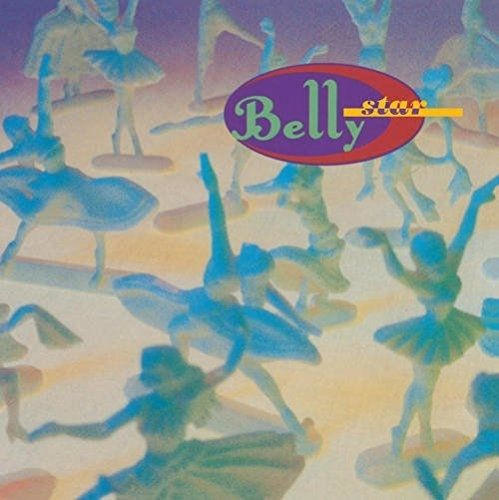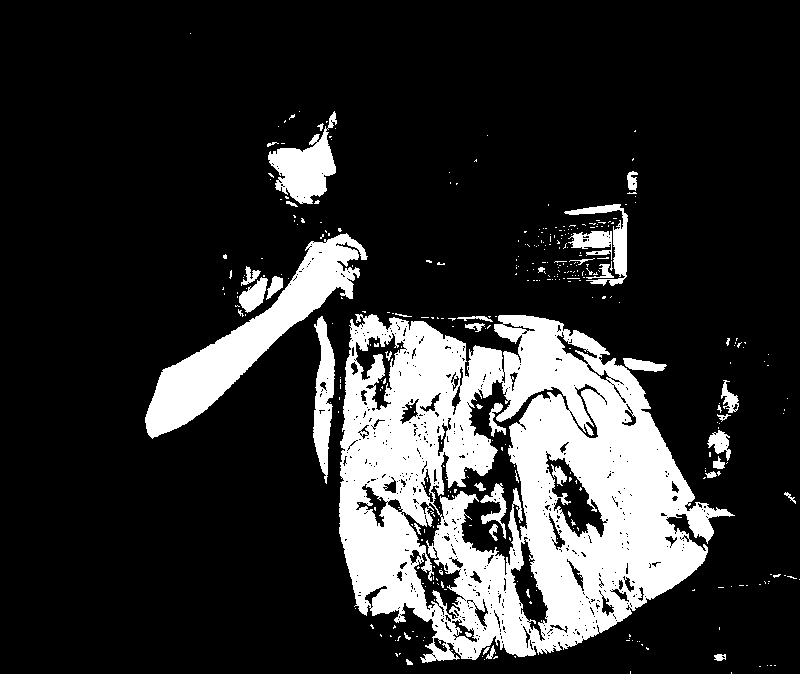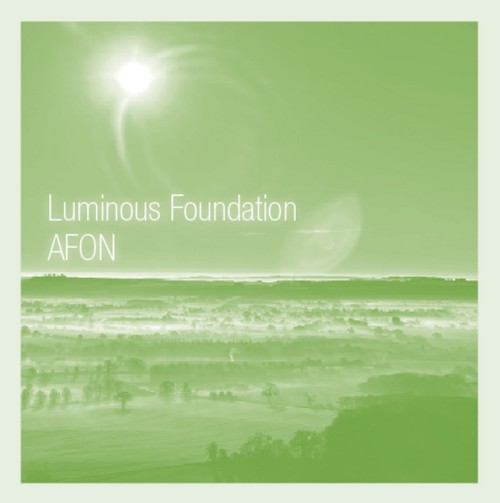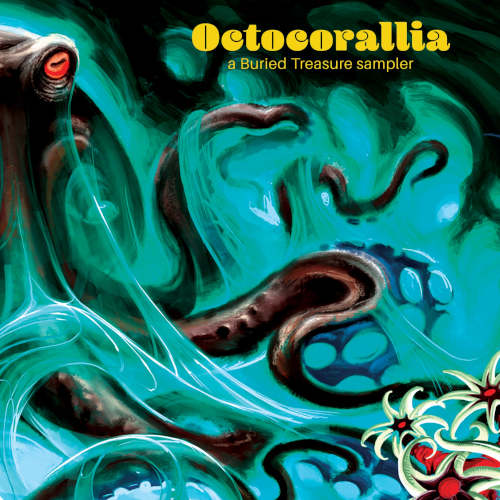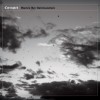 From the opening chimes of “Garten,” it’s apparent that Corrupted have taken on what could almost be considered a upbeat and cheery atmosphere in their music making – if only by the very heavy sludge standards they have helped define, of course. For almost anyone else this track would seem crushingly powerful, especially once the bass guitar kicks in and the cymbals crash; but no, there’s no mistaking it – this is a very mellow record for Corrupted, while remaining doomily slow, for the first two-thirds at least.
From the opening chimes of “Garten,” it’s apparent that Corrupted have taken on what could almost be considered a upbeat and cheery atmosphere in their music making – if only by the very heavy sludge standards they have helped define, of course. For almost anyone else this track would seem crushingly powerful, especially once the bass guitar kicks in and the cymbals crash; but no, there’s no mistaking it – this is a very mellow record for Corrupted, while remaining doomily slow, for the first two-thirds at least.
The weighty mass towards which Garten Der Unbewusstheit gravitates is “Gekkou No Daichi.” It reverts to the half-hour format, though it too proceeds at first with an acoustic Zen sense of emptiness, the notes accreting deliberately, sometimes almost seeming to meander into noodling, as if hesitant. Soon though the electrification is ramped up to the maximum and the full-throated roar of Corrupted letting rip in all their immensity slots in just so, with the assault and battery of an avalanche bearing down relentlessly from the speakers. Hevi returns to the lowest of low registers, mired in the swampy mix and as chillingly inhuman as if ripped from the deepest recesses of the subconscious with a 3am nightmare growl, as is only suitable for an album whose title (interestingly, Corrupted’s first in German rather than Spanish) translates as Garden of Unconsciousness. It’s this sort of all-consuming broadband assault (assembled in the studio from hours of tones and feedback in this case) which Corrupted are deservedly (in)famous, and the wall of sound they build for the next aeon is hewn from the darkest granite imaginable, impermeable and implacably huge.
By its conclusion, “Gekkou No Daichi” feels like it has sucked all the air from the space in which it’s been played, ground down and pulverised the surfaces of frangible objects in the vicinity, abraded the ears and vibrated away the cobwebs and shaken loose the dust in the dark corners where no-one really looks too often if the can help it. Time resumes its alleged normal pace, measured in minutes and hours rather than in reverberations and riffs, and a vivid synaesthetic brightness seems to widen and unwind as volume recedes to quietude.There are many very heavy doom and sludge bands out there, and given a big enough stack of speakers it’s easy enough to shift air and damage eardrums; but once again, particularly through the sustained last third of Garten Der Unbewusstheit, Corrupted have shown all the others just how to maintain the balance between outright, all-encompassing density and girth, the thunderous remnants of a rock and roll core which throbs powerfully at the centre of their sound, and a calmer sense of restraint which demonstrates that poise and a reflective tendency towards the implications of silence are an equal part of the Corrupted weltanschauung too.
-Richard Fontenoy-
